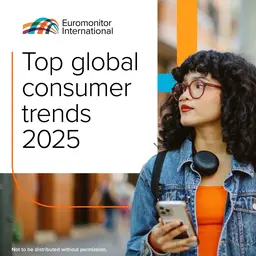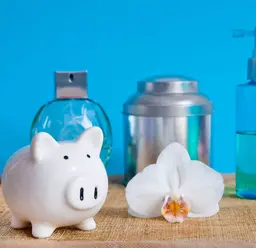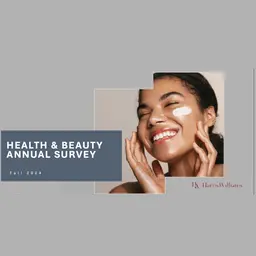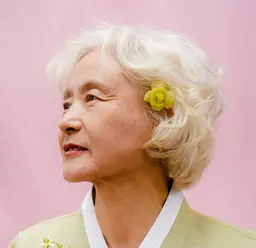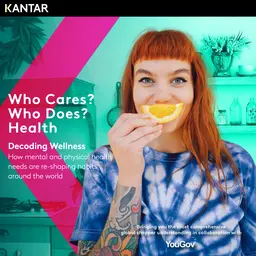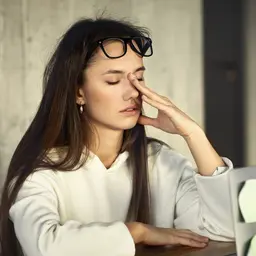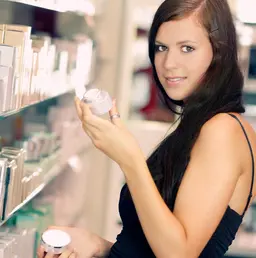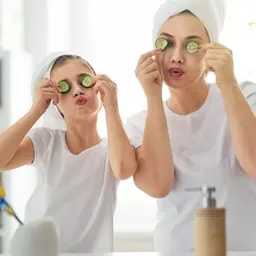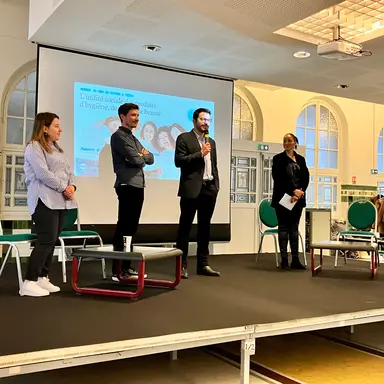
For a few years, the industry has been mobilizing to make people understand that beauty products are crucial for self-esteem… even more than we think. The FEBEA and the Agence du Don en Nature (ADN) have commissioned the PRS Invivo polling institute to measure the social utility of cosmetics for people in difficulty. The results were presented at an event organized in Paris on May 10, 2023.
This study was conducted between July 2022 and March 2023, in two parts:
• A quantitative part with interviews conducted via anonymous questionnaires administered by ADN volunteers to 422 respondents in a precarious situation, owning a home or housed in a solidarity association
• A qualitative component with interviews conducted with social workers and beneficiaries of associations (Secours populaire Nœux-les-Mines, Association Mahraba, AFTC Alsace, Œuvre Falret)
A painful choice
Precarious people try to meet their vital needs (food, shelter, protection).
As such, hygiene is limited to the functional. “The status of woman and its social embodiment are non-existent in their minds.”
When it comes to taking care of themselves, the respondents explain that cleanliness is crucial. For them, having care (face, body…) or make-up is secondary… but not futile.
On the contrary, it allows them to regain confidence and to have a place in society again.
83% of respondents say that having cosmetics helps to improve their self-esteem.
Thus, “sensory” products such as perfume are particularly appreciated by the sample.
But skincare products offer benefits that go beyond physical appearance and image. When primed, the panelists explain that they find it easier to reach out to others.

